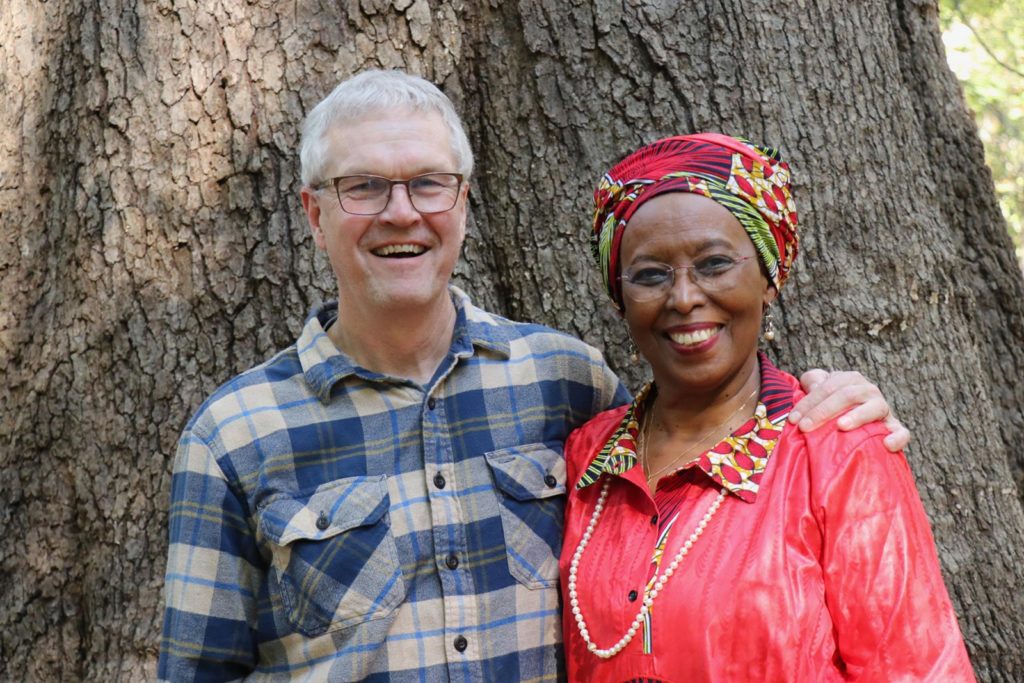New Book on Maggy Barankitse is a Portrait of a Humanitarian Rising from the Ashes

A few humanitarians have become household names: Mother Teresa, Archbishop Desmond Tutu and Mahatma Gandhi.
Maggy Barankitse is another — not nearly as well known, but driven by fighting injustice and a theological vision to make the world a better place.
Barankitse, who is now 69 and living in exile in Rwanda, is a native of neighboring Burundi, a small country to the south. It too has been wracked by internecine violence between Hutus and Tutsis, including lesser-known genocides that have killed tens of thousands of people. Barankitse lived through two of them and has dedicated her life to helping orphaned children — and later Burundian refugees in Rwanda — overcome their experiences.
David Toole, director of Duke University’s Kenan Institute for Ethics, has now written what he calls a portrait — not quite a full-fledged biography — of Barankitse. Called “Love Made Me an Inventor: The Story of Maggy Barankitse, Humanitarian, Genocide Survivor and Citizen Without Borders,” it is, at the heart, a story of their friendship.
In the book, he describes Barankitse’s vision for Maison Shalom, a sprawling nonprofit that cared for thousands of orphaned children, both Hutu and Tutsi in Burundi. Later, after she’s forced to flee Burundi, she created its Rwandan counterpart, which grew out of the Mahama Refugee Camp that she established in 2015 to host refugees, primarily from Burundi. The camp, which has housed upward of 60,000 people, has become a model of refugee management.
RNS spoke with Toole about Barankitse, how she has transformed tragedy into hope and her belief in the power of love to change the world.
